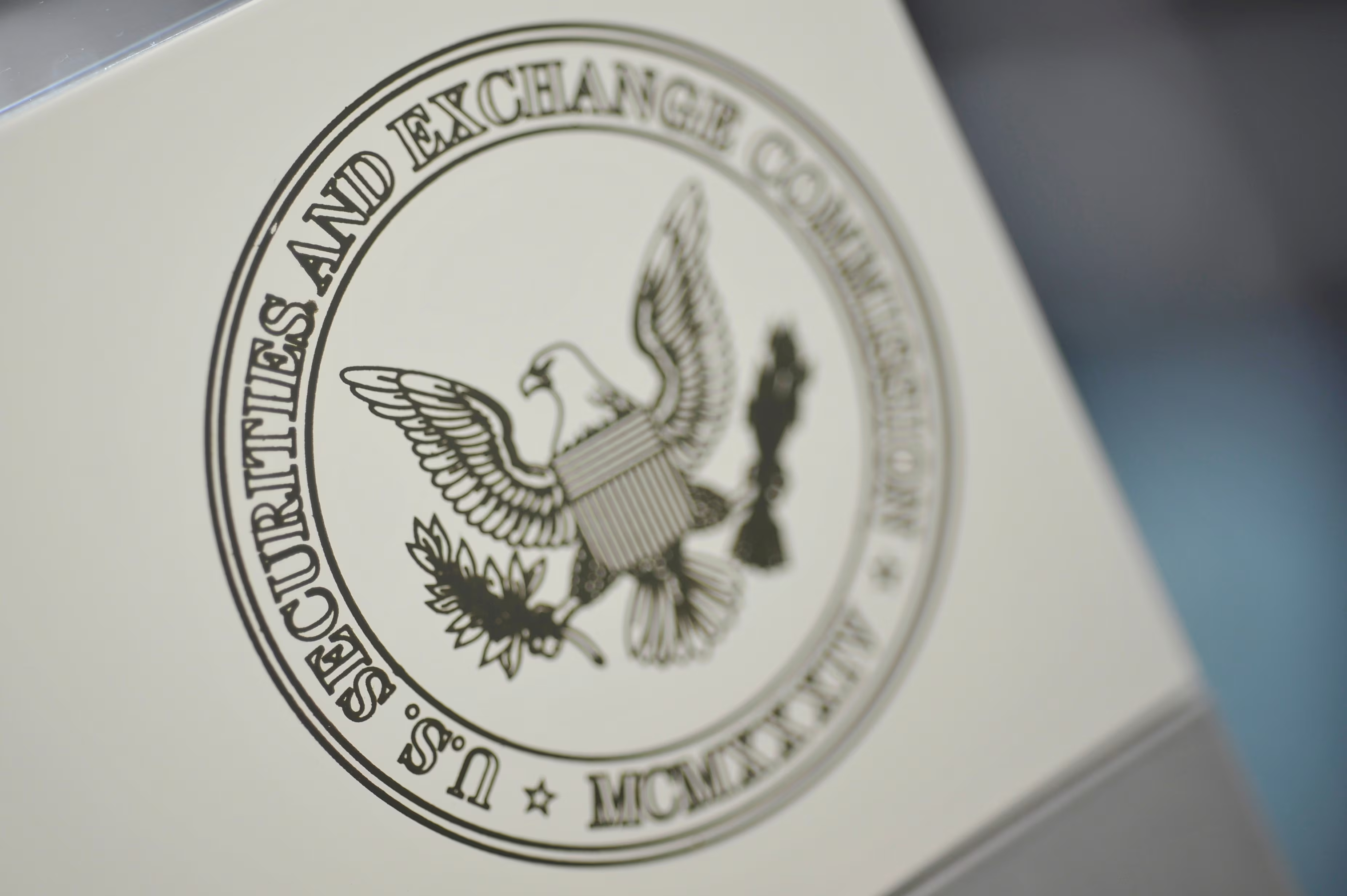A shocking revelation has emerged from Georgia, where Brant Frost IV, a prominent Republican figure, has been accused of orchestrating a massive Ponzi scheme that defrauded approximately 300 investors out of at least $140 million. The allegations, detailed in a civil lawsuit filed by the U.S. Securities and Exchange Commission (SEC), expose a web of deceit involving the First Liberty Building and Loan, which falsely promised high returns while operating a fraudulent scheme that relied on new investments to pay off older investors.
First Liberty"s Deceptive Practices
According to the SEC complaint, Frost"s company misled investors by claiming it was making high-interest loans to small businesses in need of cash. In reality, the company was merely raising funds to repay previous investors, a classic hallmark of Ponzi schemes. As reported by the SEC, the company had only $2.67 million in cash by May 30, 2025, further highlighting the dire financial state of the operation.
Political Influence and Corruption
The fallout from this scandal extends beyond financial losses; it threatens to unravel the political connections that Frost and his family have cultivated over decades. Brant Frost IV has been a significant player in Georgia politics since 1988, coordinating efforts for notable Republican campaigns, including that of televangelist Pat Robertson. His family members hold key positions in the Coweta County Republican party, and the implications of this scandal could disrupt funding networks that have supported far-right candidates. The SEC revealed that Frost diverted over $570,000 of investor funds into political contributions, intertwining the fate of small investors with the machinations of political power.

Remember your first thrill of American liberty Your duty ...
Investors Left in the Lurch
With the average investment amount nearing $500,000, the financial devastation is profound for those who believed they were making sound investment choices. As reported by the SEC, nearly 90% of the companies that First Liberty purportedly loaned money to have defaulted. The promise of high returns on investments is a significant red flag, as noted by Justin C. Jeffries from the SEC. Investors are encouraged to be vigilant and critical when faced with offers that seem too good to be true.
Regulatory Oversight and Accountability
The Georgia Secretary of State"s office is now investigating possible violations of securities law by First Liberty. According to spokesperson Robert Sinners, anyone issuing promissory notes must be registered with state securities officials. This scandal underscores a broader issue within the financial sector, where inadequate oversight and regulatory frameworks can lead to catastrophic outcomes for vulnerable investors. The SEC has initiated enforcement actions against Frost and his companies, seeking to recover lost funds for victims.

Ripple Labs notches landmark win in SEC case over XRP ...
The Urgency for Reform
This case is a stark reminder of the urgent need for comprehensive reform in financial regulations and accountability measures. The intersection of political funding, corporate malfeasance, and investor deception illustrates the systemic issues that allow such schemes to flourish. Regulatory bodies must enhance their vigilance and implement stricter compliance protocols to protect investors from fraud. Additionally, the relationship between political contributions and business operations warrants closer scrutiny to prevent corruption that exploits the trust of ordinary citizens.







![[Video] Gunfire between Iraqi security forces and Sadr militias in Baghdad](/_next/image?url=%2Fapi%2Fimage%2Fthumbnails%2Fthumbnail-1768343508874-4redb-thumbnail.jpg&w=3840&q=75)
